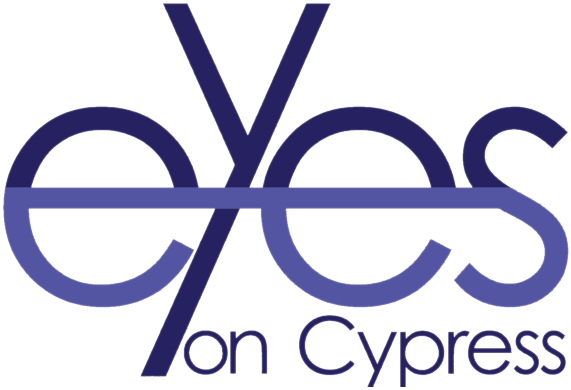
Myopia is a very common issue throughout the world. Approximately 1/3 of the population in the United States have the condition and over 90% of several East Asian countries suffer from myopia. While myopia may seem like such a common condition that it shouldn’t be cause for concern, it is actually associated with several very serious conditions that can threaten one’s ability to see.
What is Myopia
Myopia, more commonly known as nearsightedness, is a condition where individuals are able to see objects that are close to them but may have difficulty distinguishing things at a distance, such as road signs or leaves on a tree. These individuals often squint at objects that are further away to try and help bring them into focus.
Currently, there is no known cure for myopia and recent studies suggest that the more advanced your myopia gets, the more serious the effects can be on your vision. This has led eye professionals to look for ways to slow the progression of myopia in children and young adults as the eyes typically change more rapidly during this time and slowing down myopia progression during these years has a huge payoff.
Types of Myopia Management
Kids' vision will continue to change until they're about 18 to 21 years old. There are ways that we can slow down this progression of myopia, and this is what myopia management's all about.
Two of the ways we slow the progression of myopia in our office is with specialty soft contact lenses and eye drops.
The contacts look and feel like regular soft lenses, but are specially designed to slow the rate of change and vision over time. These contact lenses are used and disposed of daily. This makes it safer for children and cuts down on contact lens related infections when disposing of the contact lens daily.
Another way we slow the rate of change is with therapeutic eye drops. These drops are specially compounded low dose Atropine. When using this method, patients still need to wear glasses, but this is a great option for younger kids that are not ready for contact lenses.
Both low dose Atropine and daily soft myopia management contact lenses have been shown to slow down the progression of myopia in developing children.

Overview
If you notice that your child is having a difficult time seeing objects that are far away, contact us today to schedule an appointment. Many parents notice changes in their children with their behavior or grades at school, their ability to play sports, or that they may even be pulling back from playing with friends. Treating myopia as quickly as possible can help to reduce your child’s chances of developing a serious eye condition that can threaten their ability to see the world around them. Call today and schedule an appointment to see how we can help your child.




